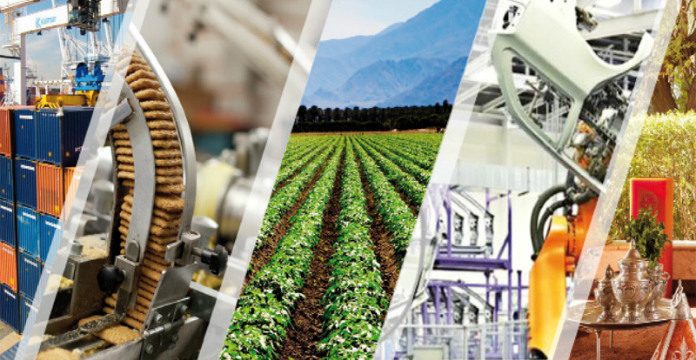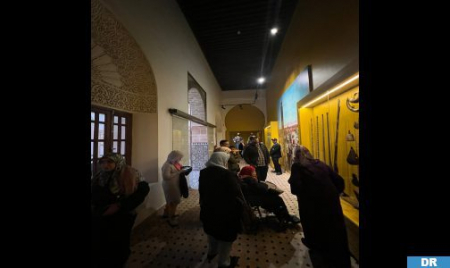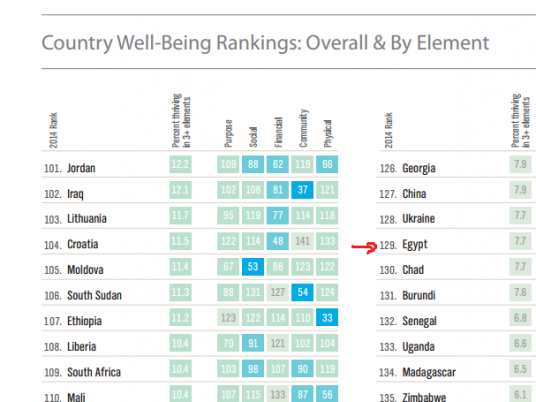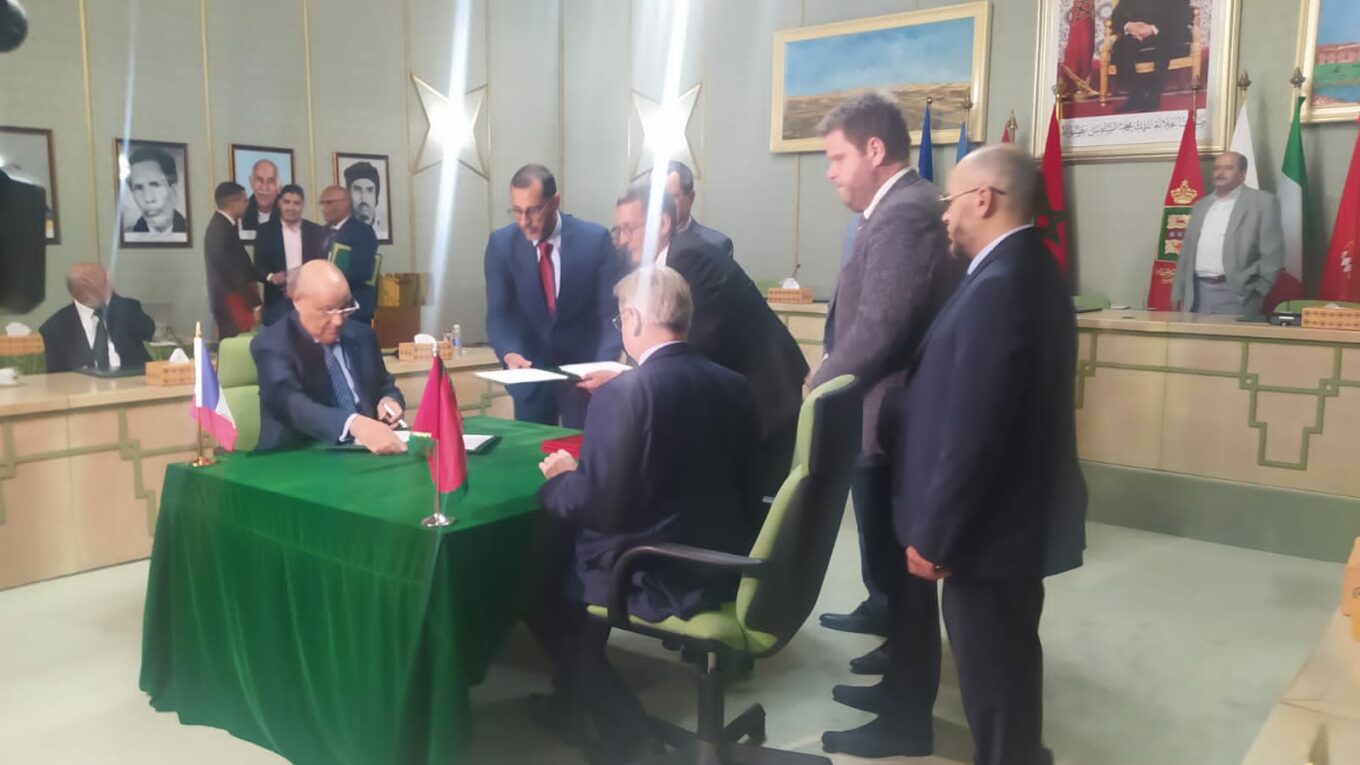Morocco is the only country on the African continent with a Free Trade Agreement (FTA) with the United States, eliminating tariffs on more than 95 percent of qualifying consumer and industrial goods, says the 2022 U.S. Investment Climate Statements issued by the State Department.
The North African Kingdom is planning to phase out tariffs for some products through 2030. The FTA supports Morocco’s goals to develop as a regional financial and trade hub, providing opportunities for the localization of services and the finishing and re-export of goods to markets in Africa, Europe, and the Middle East, says the report.
Since the U.S.-Morocco FTA came into effect, bilateral trade in goods has grown nearly five-fold, adds the document which provides investors with data on business climates of more than 160 countries and economies.
The U.S. and Moroccan governments work closely to increase trade and investment through high-level consultations, bilateral dialogue, and other forums to inform U.S. businesses of investment opportunities and strengthen business-to-business ties, says the report prepared by economic officers stationed in U.S. embassies around the world.
Morocco, located at the confluence of Europe, Sub-Saharan Africa, and the Middle East, seeks to transform itself into a regional business hub by leveraging its geographically strategic location, political stability, and world-class infrastructure to expand as a regional manufacturing and export base for international companies, affirms the U.S. report.
Morocco actively encourages and facilitates foreign investment, particularly in export sectors like manufacturing, through positive macro-economic policies, trade liberalization, investment incentives, and structural reforms, underlines the document.
It also informs investors about the strategies implemented by Morocco to boost employment, attract foreign investment and improve the performance and output in key revenue-earning sectors, with an emphasis placed on value-added industries such as renewables, automotive, aerospace, textile, pharmaceuticals, outsourcing and agro-food.
Most of the Moroccan government’s strategies are laid out in the New Development Model released in April of 2021, says the U.S. report, noting that the country continues to make major investments in renewable energy. It is also on track to meet its stated goal of 64 pc total installed capacity by 2030 and announced an even more ambitious goal of 80 pc by 2050.
According to UNCTAD’s World Investment Report 2021, Morocco attracted the ninth-most foreign direct investment (FDI) in Africa in 2020. Peaking in 2018 when Morocco attracted $3.6 billion in FDI, inbound FDI dropped by 55 percent to $1.7 billion in 2019 and remained largely unchanged at $1.7 billion in 2020. UAE, France, and Spain hold a majority of FDI stocks.
Manufacturing attracted the highest share of FDI stocks, followed by real estate, trade, tourism, and transportation. Morocco continues to orient itself as the “gateway to Africa,” and expanded on this role with its return to the African Union in January 2017 and the launch of the African Continental Free Trade Area (CFTA) which entered into force in 2021.
In June 2019, Morocco opened an extension of the Tangier-Med commercial shipping port, making it the largest in Africa and the Mediterranean. The country is developing a third phase for the port which will increase capacity to five million twenty-foot equivalent units (TEUs).
Tangier is connected to Morocco’s political capital in Rabat and commercial hub in Casablanca by Africa’s first high-speed train service. Morocco has ratified 72 investment treaties for the promotion and protection of investments and 62 economic agreements, including with the United States and most EU nations, that aim to eliminate the double taxation of income or gains, says the State Department report.
The document also cites the incentives offered to encourage foreign and local investment. The Moroccan Government offers several guarantee funds and sources of financing for investment projects to both Moroccan and foreign investors.
With respect to agricultural incentives, Morocco’s Green Generation 2020-2030 plan aims to improve the competitiveness of the agribusiness industry by supporting value chains and making the industry more resilient and environmentally sound.



